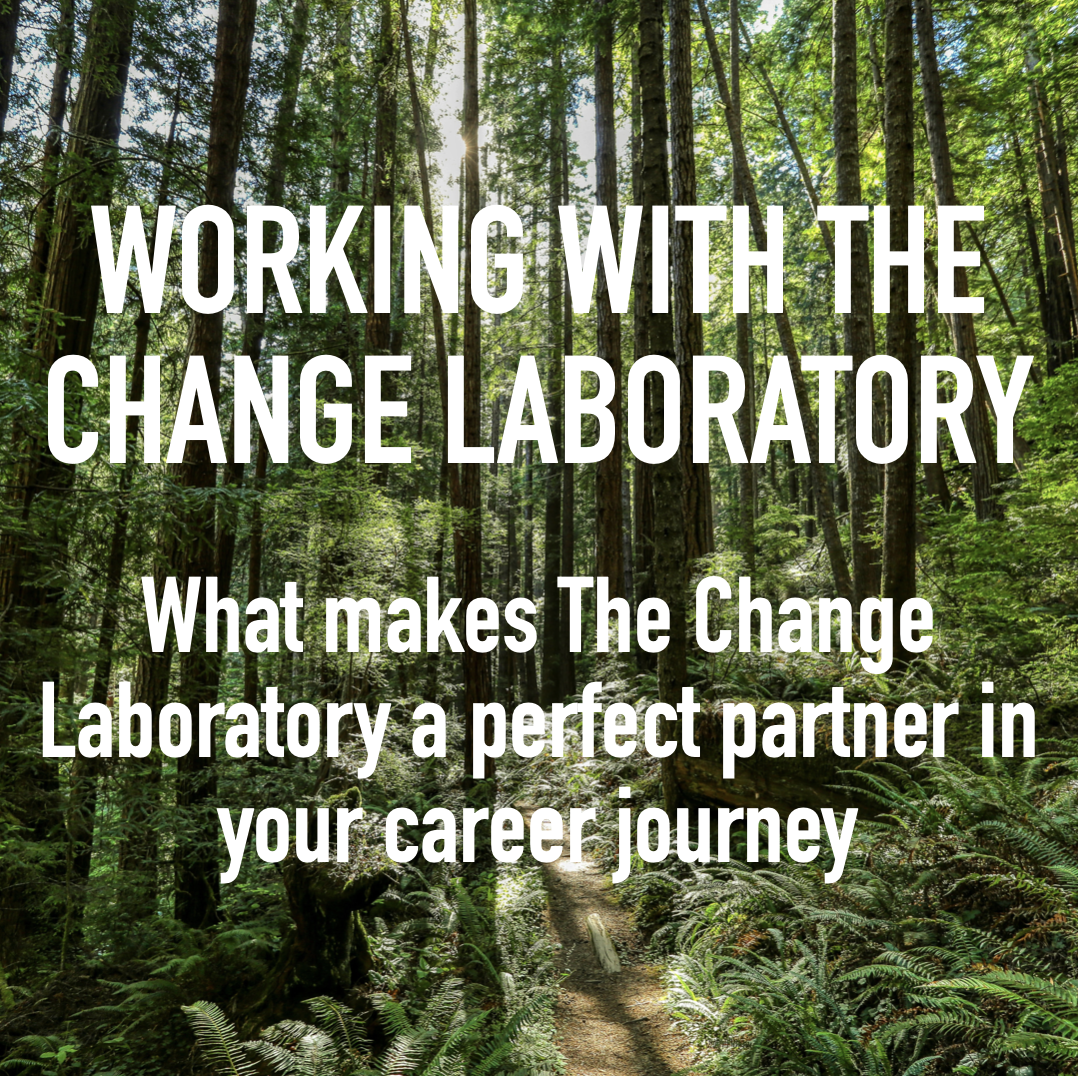What Employers Should Look For When Interviewing
Kent R.
Relatively speaking, it was not long ago when it was standard practice to recruit and hire employees based on very specific set of skills required to perform a job.
As the world of work has shifted away from skills based to knowledge-based things have gotten a little squishier.
Now, in order for companies to stay competitive in an operating environment that is marked by constant change and technical evolution, it's increasingly important to hire for qualities and attitude.
So on this episode of the Stop Hating Mondays Podcast, we're discussing a familiar topic round here – interviewing. But this season we're turning the tables and approaching these topics from the employer’s perspective.
TRANSCRIPT
(Transcripts are auto-generated and may contain minor errors)
Caanan
Relatively speaking, it was not long ago when it was standard practice to recruit and hire employees based on very specific set of skills required to perform a job.
As the world of work has shifted away from skills based to knowledge-based things have gotten a little squishier.
Now, in order for companies to stay competitive in an operating environment that is marked by constant change and technical evolution, it's increasingly important to hire for qualities and attitude.
I'm Canaan, here with Kent, and in this episode of the Stop Hating Mondays Podcast, we're discussing a familiar topic round here – interviewing.
But this season we're turning the tables and approaching these topics from the employer’s perspective. It’s something we think will be interesting for business leaders and will provide individuals some interesting insights into how things work on the other side of the table.
Caanan
All right, Kent, let me kick this off by asking a question that just came up with a client, and it's actually pretty fundamental, but it also comes up quite a bit. So are you ready?
Kent
I'm ready.
Caanan
All right, “other than the obvious, what should we be looking for when interviewing candidates?”
Kent
This is a perfect example of why I like this approach.
I like that we're turning the tables and asking questions that we've either been emailed from companies or often, in our kind of deciding what a project might look like, questions that have come up in that back and forth. And I know we have some questions coming up that we've gotten from companies in the middle of a consulting project, so I like this. And I like that it's also going to give a lot of insight to people on the other side of the table.
Yeah, what I'm that's what I'm most interested in, because people on the other side of the table – candidates people pursuing their careers, people looking for jobs are the ones looking… They're at the disadvantage. So, for them to have this insight into how we answer these questions for a company, I think will be very helpful, and I think this one especially.
So this this company says “other than the obvious…” Well, I would start by saying most companies don't even know what the obvious is.
We've been involved in consulting with companies that don't even know what they're doing or create really biased interview processes because they're just sort of winging it or their inclination is to wing it with questions that don't really have anything to do – in some cases – with the job, which can then start getting them into trouble. So first…
Caanan
Yeah, that's very risky behavior.
Kent
…Yeah, I'm going to add a twist in here and I'm just going to say… Let's say, what the obvious is and that is there are lots of acceptable approaches to interviewing. We've talked about this before, but we stand behind, in an imperfect kind of world, an imperfect process.
We stand behind behavioral interviewing, where you're able to assess what candidates have done is an indication of what they might do in the future.
So, first, the obvious is you need to look for accomplishments and how well those align with the requirements for the requisition you're hiring for. Asking the candidates the same questions, for the most part, so you can see how they stack up against each other.
That's the obvious.
Caanan
As we said in the intro to stay competitive, companies have to hire for qualities as well as skills. So, beyond those obvious things, what are some of the key qualities a company should be looking for when hiring?
Kent
Yeah, I think it's interesting because we find organizations are kind of at extremes. Some, as I just said, don't have any clue about what a good approach is, and it's much more unstructured than it should be.
But then, on the other hand, because this has been going on for a long time now, you have companies that you know they definitely have an approach that's legal and HR-approved. Most of the time it's a behavioral oriented approach, which, again is great, but they get so paranoid that they… They realize that, or they forget that, you can be interviewing for other qualities within your behavioral approach. So this is something that comes up in our consulting all the time.
Within those behavioral questions, you're ideally looking for candidates who exhibit curiosity.
Spoiler alert: high value job seeker advice ahead. Candidates that exhibit curiosity perform better in work groups.
If you're noticing in their answers to your behavioral… behaviorally-based questions that they're expressing curiosity about how something is done and when they're giving, say, an example of a prior achievement, in giving that example, they exhibit a curiosity to find the best way to tackle X problem, things like that… Looking for those factors within the candidate’s behavioral answers.
It's very easy and it's it gives you insight into candidates beyond what you're hearing in terms of their accomplishments
Caanan
This may sound obvious, but I think it's worth pointing out that curiosity is such an important quality in a job candidate because, in a knowledge-based job environment, you need somebody who has a curiosity to continually look at the market and processes and be pushing themselves to innovate and grow within these rapidly evolving systems. So this is a perfect example of not hiring for a skill somebody has today, but hiring for a quality that says this person is going to be continually evolving their skill set.
Kent
Yeah, that's perfectly put.
Caanan
So, are there any pitfalls that companies need to be mindful of when hiring for qualities as opposed to specific skills?
Kent
Yeah, I mean whenever we get into things like interviewing, we're getting into very real and important things that impact not just the culture and the success of your company going forward, but the lives of the employees who are there and the work groups that you're creating by bringing these new people that you're interviewing into the company.
You need to be very mindful at all times of following the law, which, again, it's amazing how much we see and you, know you, read about it all the time companies are not following the law.
Kent
You know you, you cannot hire somebody because you like them. You have to hire the most qualified candidate. And, having said that, you need to be also very mindful of protected classes and all of those things that make your workforce the best and the most diverse that it can be.
So yes, you need to be extremely mindful.
But, I will say that as long as you have a core interviewing approach – ideally behavioral – and you're looking for factors other than what the question is directly asking… As long as you're applying those to all the people you're interviewing equally and assessing them equally, you'll be in great shape and you'll have a much better workforce because of it.



